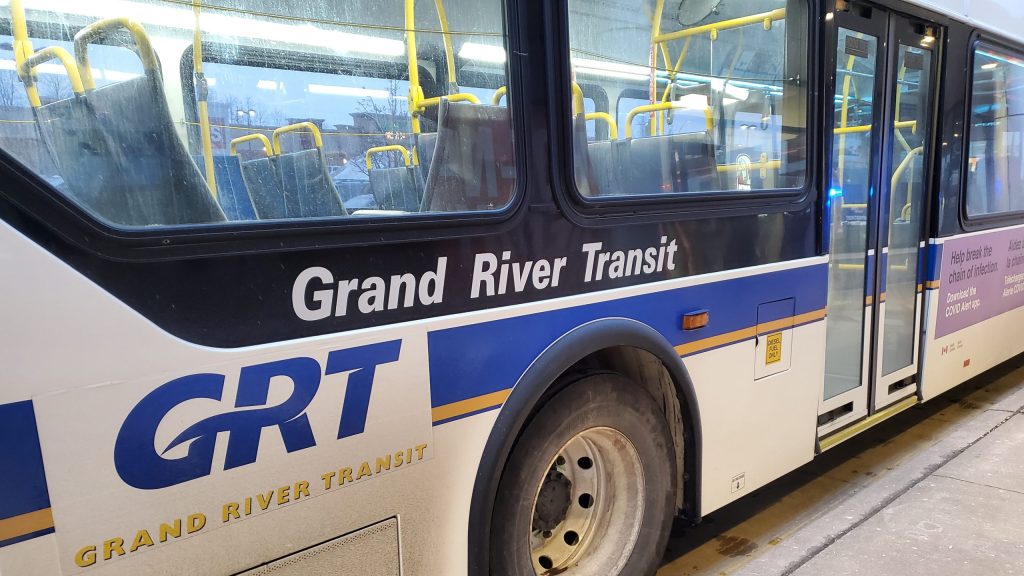Supreme Court overturns drug conviction, chides justice system over trial delays
Posted Jun 30, 2016 11:29:31 AM.
Last Updated Jun 30, 2016 12:20:11 PM.
This article is more than 5 years old.
OTTAWA – Canada’s highest court has overturned drug trafficking charges against an Alberta man because he had to wait too long for his trial.
The Supreme Court ruled Thursday that Shane Vassell had his constitutional right to a speedy trial compromised after he had to wait three years for a three-day trial.
Two lower court judges had dismissed Vassell’s request to quash his conviction over unreasonable delays in getting his case to trial.
The decision comes weeks after Alberta judges raised concerns about long trial delays arising from a shortage of federally-appointed judges, which had defence lawyers arguing that Charter rights were being violated.
Justice Michael Moldaver’s decision included a warning to trial judges to “not to miss the forest for the trees” when an accused raises concerns about delays.
“The forest in this case is plain as day,” Moldaver wrote. “At every opportunity, Mr. Vassell attempted to move his case to trial.”
Vassell was convicted in 2014 of possession of cocaine for the purpose of trafficking, almost three years to the day after he was arrested and initially charged.
He tried throughout the three years to have his case move forward quickly, but was stymied by his six co-accused who were the source of the delay, the court ruled.
In the end, Vassell was the only one who stood trial out of the seven people originally charged.
His first trial date was supposed to be in February 2013, but that got pushed back because the Crown attorney had to attend a funeral.
He was then to be tried in June, but two of his co-accused weren’t available, and the trial got bumped back to September, and then again to April 2014.
Moldaver wrote that the Crown and the system should have done more to avoid delays in Vassell’s case, delays for which Vassell “had no control and for which he bore no responsibility.”
The court ruled that delay was unacceptable.
“In fulfilling its obligation to bring all accused to trial within a reasonable time, the Crown cannot close its eyes to the circumstances of an accused who has done everything possible to move the matter along, only to be held hostage by his or her co-accused and the inability of the system to provide earlier dates,” Moldaver wrote.
“That, unfortunately, is what occurred here.”










